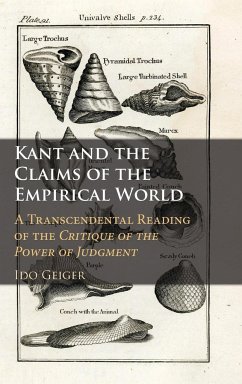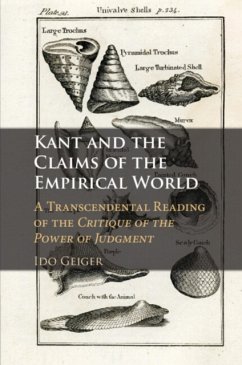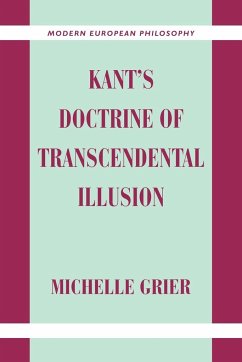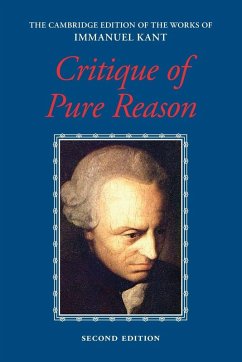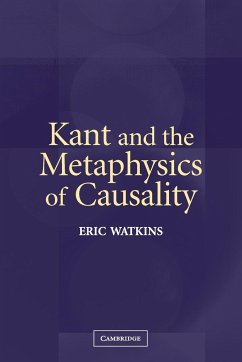
Kant on the Human Standpoint
Versandkostenfrei!
Versandfertig in 1-2 Wochen
54,99 €
inkl. MwSt.

PAYBACK Punkte
27 °P sammeln!
This collection of essays considers the three aspects of Kant's philosophy - his epistemology and metaphysics of nature, his moral philosophy and his aesthetic theory, under one unifying standpoint: Kant's conception of our capacity to form judgements. It will appeal to all who are interested in Kant and his thought.





